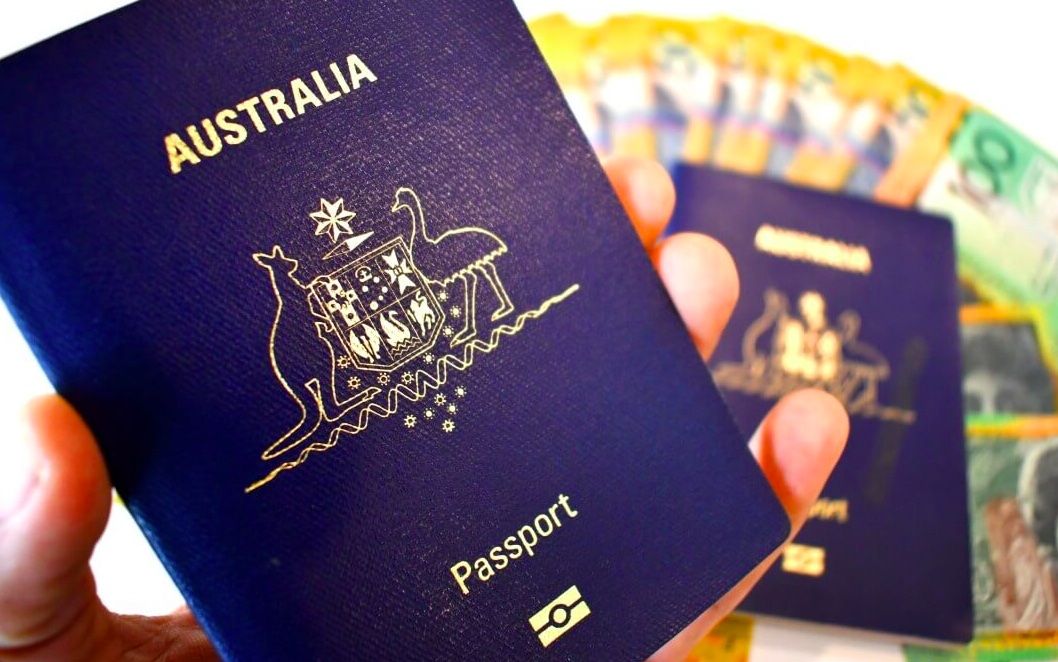With the recent discontinuation of Canada’s Student Direct Stream (SDS), students from India and other countries are now navigating the complexities of the non-SDS route for a Canadian Student Visa. This shift has led to increased processing times and heightened refusal rates, making it crucial for applicants to be informed and prepared.
Understanding the Non-SDS Visa Application Landscape
The non-SDS route has reported a concerning spike in refusal rates, nearing 100% during November and December 2024. Educational consultant Bhawana from CAAN World Consultants said, ” We are accepting new applications under non-SDS STREAM.” In non-SDS, processing times have also stretched to four to nine weeks, in contrast to the previously expedited 2-3 weeks typical of the SDS program. Historically, the non-SDS route had a success rate below 20% before the introduction of the SDS in 2018, which offered approval rates as high as 90-100%.
SDS vs. Non-SDS: What’s the Difference?
While offering faster processing, the SDS program required students to pay one year’s tuition fees upfront along with a Guaranteed Investment Certificate (GIC) of CAD 10,000. In contrast, the non-SDS route provides more flexibility. Applicants can now show proof of funds as low as ₹5–6 lakh for most colleges and only need to pay six months’ tuition upfront. While obtaining a GIC remains an option, it is not a requirement.
Moreover, the non-SDS route features more relaxed English proficiency criteria, allowing students with an overall IELTS score of 6.0 (and 5.5 in one module) to apply, thus making access to Canadian education easier for many.
However, the non-SDS route comes with heightened scrutiny: applicants must demonstrate financial stability, solid academic records, and strong ties to their home country. Immigration officials are particularly focused on applicants’ academic consistency and clear career goals, leading to a higher likelihood of refusals for those with average or below-average academic performance.
Strategies to Boost Visa Approval Odds
To improve the likelihood of a successful visa application under the non-SDS route, students should consider implementing these strategies:
- Maintain Strong Academic Performance: A solid academic record can significantly strengthen an application and is often viewed favourably by immigration authorities.
- Demonstrate Sufficient Financial Resources: While it’s not mandatory to pay one year’s tuition or secure a GIC, doing so can enhance an application. If this isn’t doable, ensure you have well-documented proof of funds to show your capacity to cover tuition and living expenses.
- Select Relevant Programs: Enrolling in a Designated Learning Institution (DLI) with programs that align with recent approvals can positively influence application outcomes.
- Craft a Persuasive Statement of Purpose (SOP): A compelling SOP is essential. It should thoughtfully convey the applicant’s career aspirations, motivation for studying in Canada, and how the chosen program aligns with future goals.
Wrapping Up
As students shift to the non-SDS route for Canadian student visas, understanding the requirements and preparing meticulously will be vital for success. Those looking to pursue an education in Canada should start their application processes early and pay careful attention to documentation to navigate this challenging environment effectively. By being proactive and strategic, students can enhance their chances of approval despite the current hurdles.























